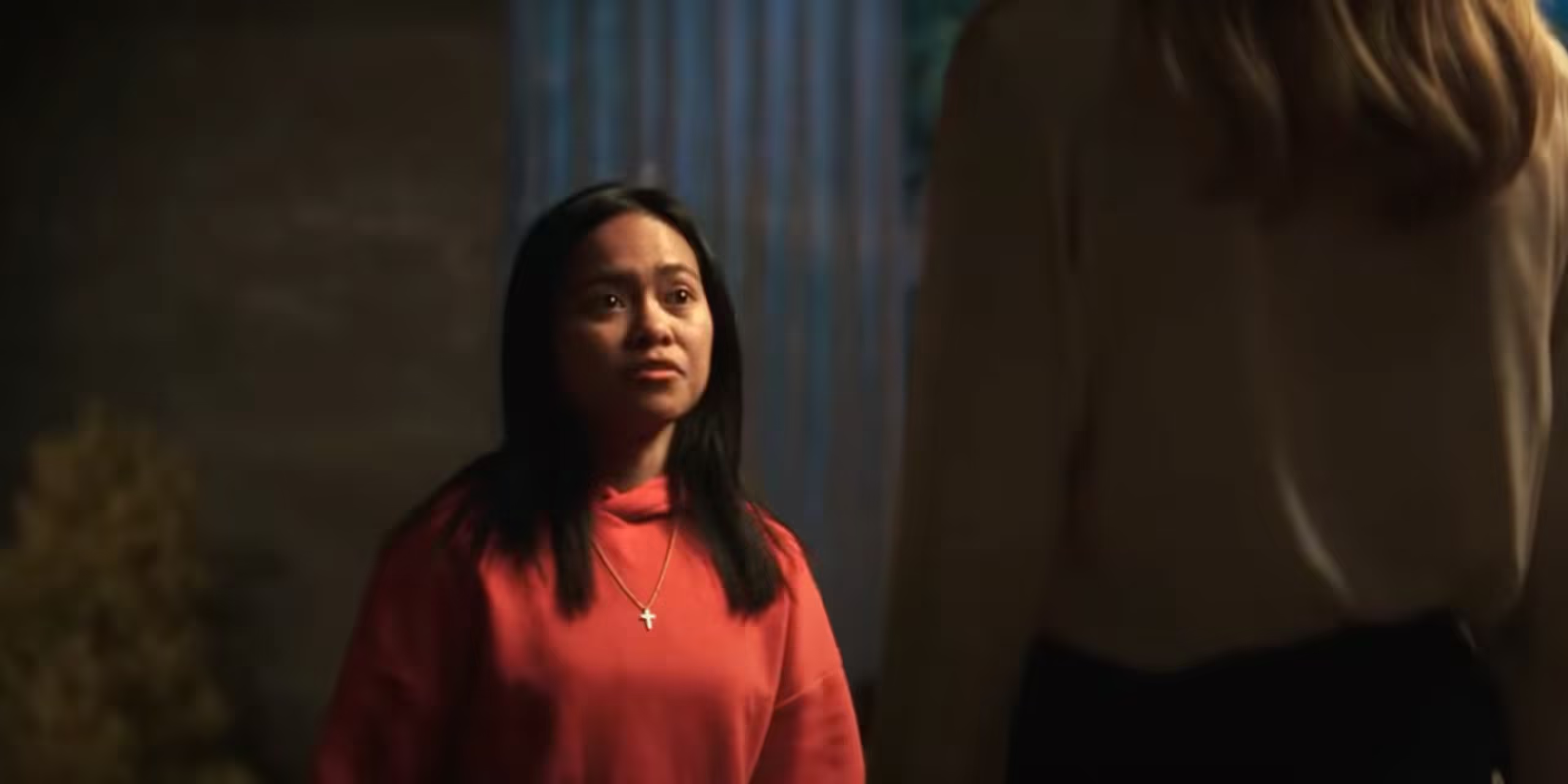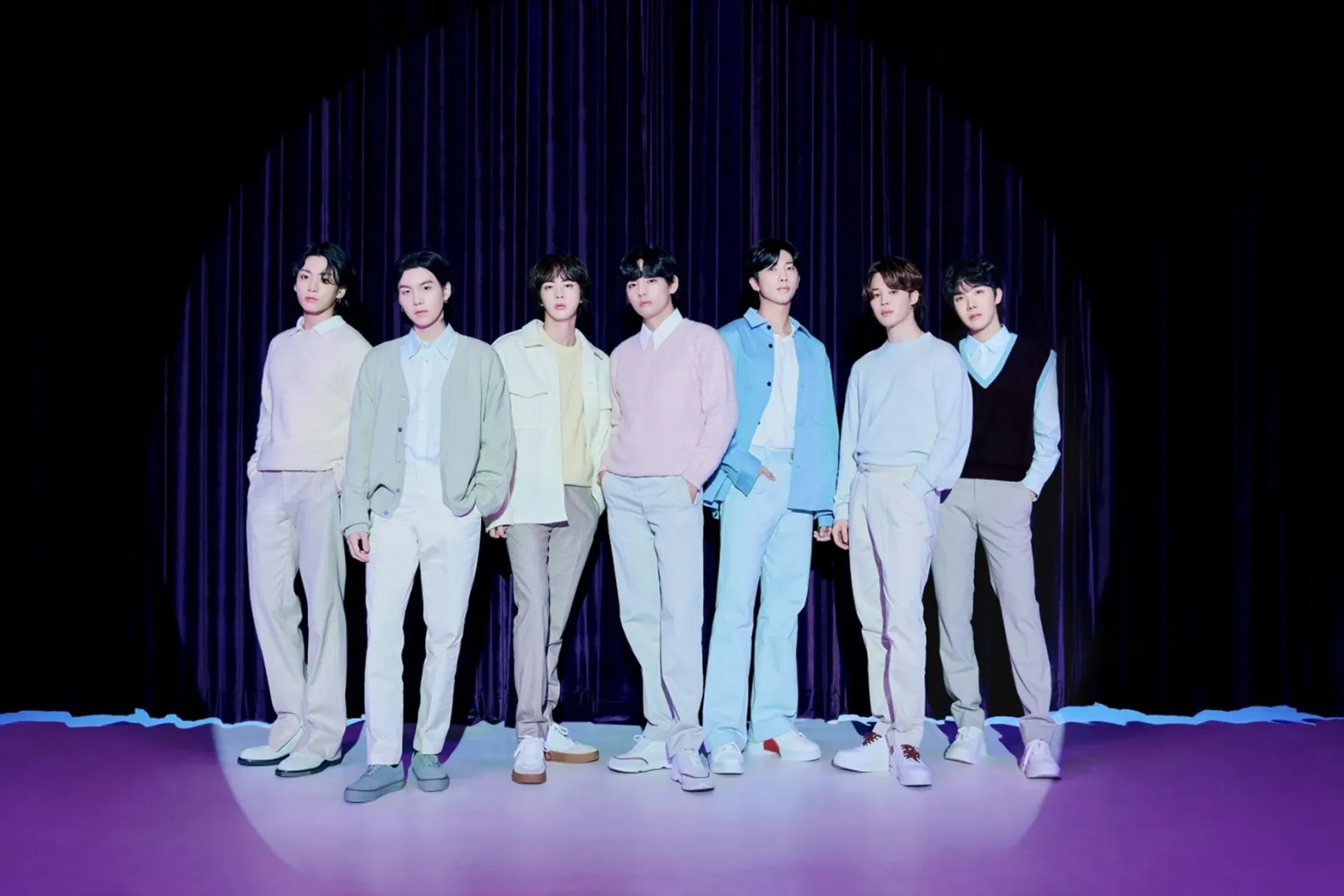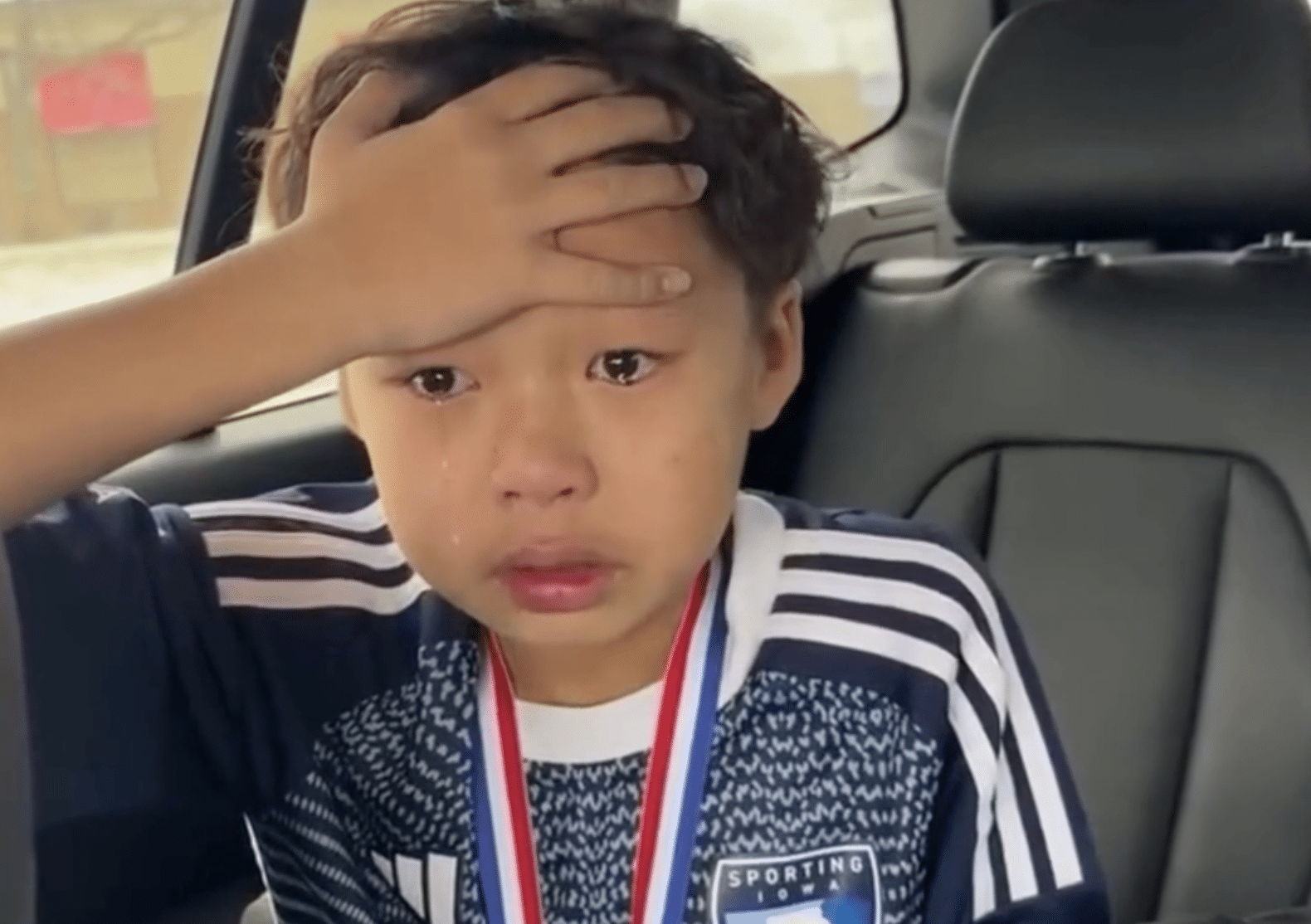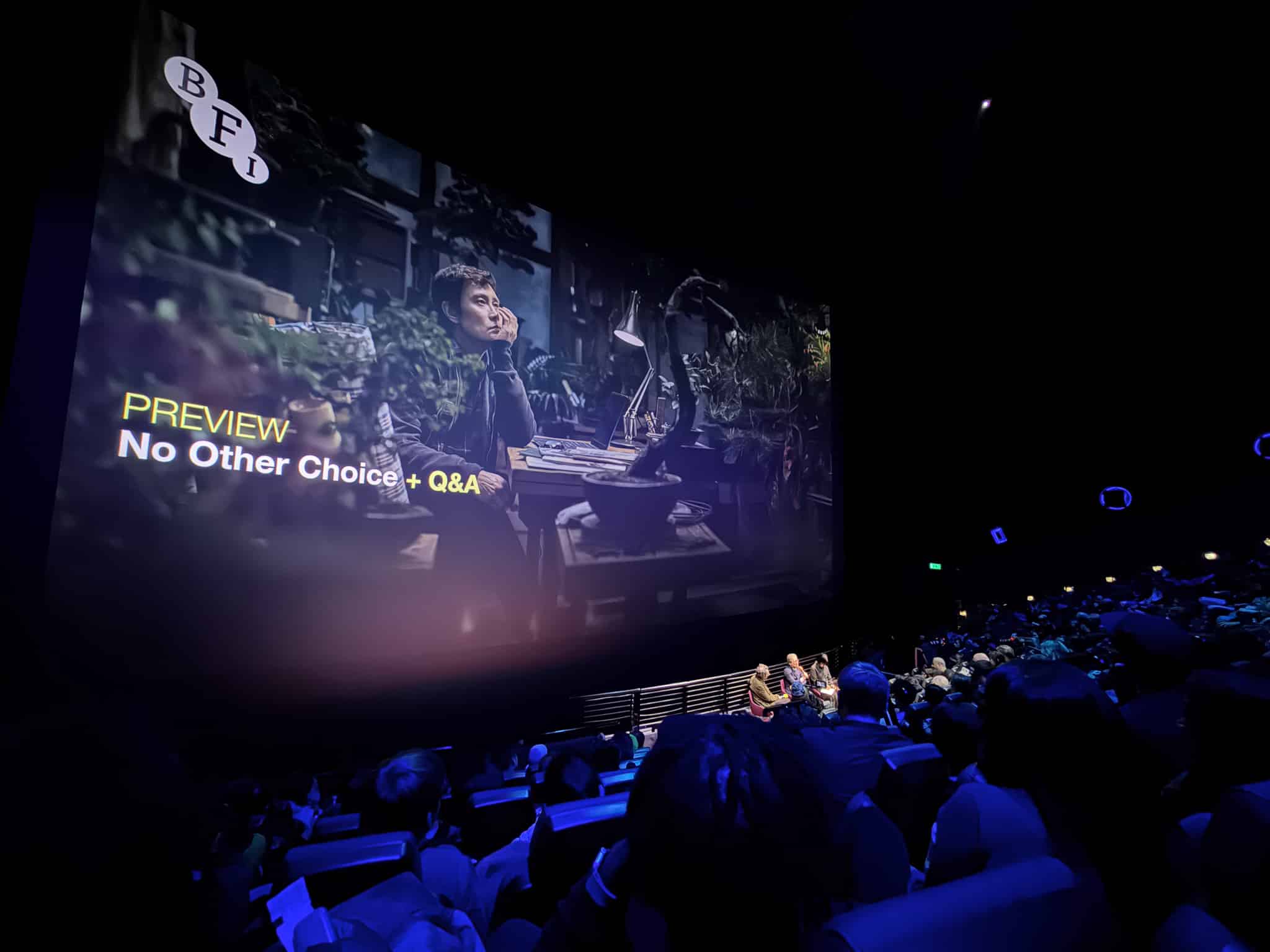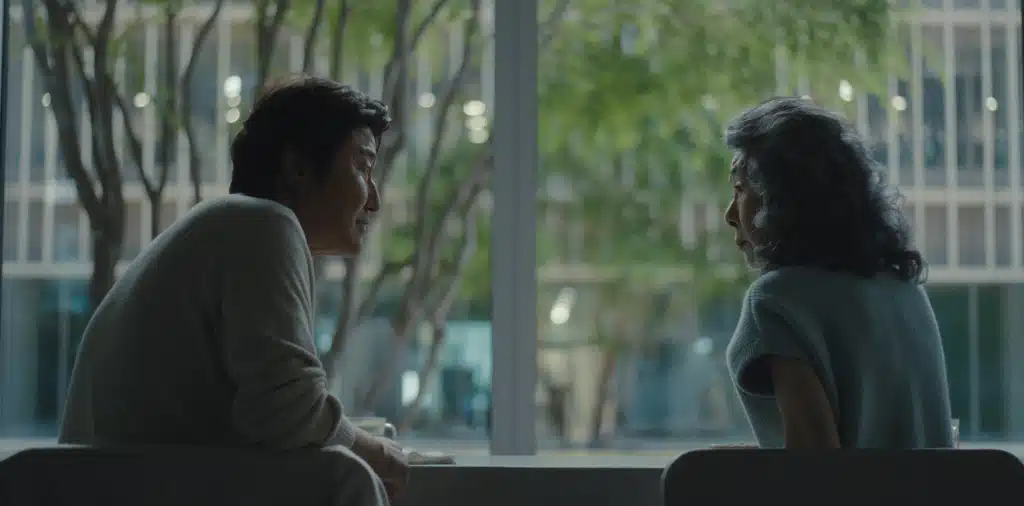A new Danish suspense series, Secrets We Keep (original title: Reservatet), has arrived on Netflix, quickly drawing comparisons to the British global sensation Adolescence for its sharp social commentary. The six-part drama, created by Ingeborg Topsøe, delves into the unsettling disappearance of a Filipina au pair from an elite Copenhagen suburb, laying bare uncomfortable truths about privilege, systemic racism, and the complicity often found in affluent societies.
Moving seamlessly between English, Danish, and Tagalog, the series is generating significant discussion for its unflinching portrayal of moral decay and the lack of accountability among the wealthy. It particularly highlights the prejudices and complicity of some white women in upholding a culture that, the series suggests, treats Filipina migrant women as disposable.
The Disappearance and Its Unraveling
The story begins with a desperate plea from Ruby Tan (Donna Levkovski), a Filipina au pair, to her neighbour Cecilie (Marie Bach Hansen). Ruby works for the affluent Rasmus (Lars Ranthe) and Katarina (Danica Curcic). Cecilie, a successful non-profit manager who also employs a Filipina au pair named Angel (Excel Busano), declines to get involved. The very next day, Ruby vanishes without a trace.
Cecilie’s subsequent guilt propels her into a search for Ruby, shocked by her neighbours’ apparent indifference. Her investigation leads her to assist Aicha (Sara Fanta Traore), a policewoman of colour assigned to the case. As Cecilie uncovers clues, including a pregnancy test, her suspicions increasingly turn towards Ruby’s employer, Rasmus, suggesting a potentially darker reality.
While some might find the series’ suspense to be somewhat predictable due to its clear signposts about Ruby’s disappearance, its true strength lies in its potent critique. It offers a scathing examination of modern societal moral decay, systemic racism, and the quiet complicity of some women in perpetuating white masculine privilege.
Exposing the Nordic Paradox
Secrets We Keep boldly lays bare the warped world view of certain privileged individuals. In one uncomfortable scene, Katarina, Ruby’s employer, casually labels Filipina au pairs as “whores working in brothels,” suggesting Ruby “probably ran off to do porn.” Another dinner party scene exposes blatant racism, with Katarina referring to the policewoman Aicha as “the little brown one.” The series also shows Rasmus, the male employer, telling Cecilie, “We stick together. We are from the same world, and we are loyal to each other,” highlighting a sense of insulated privilege.
The reduction of Ruby to a sexual object in the show mirrors the documented high rates of sexual violence against Filipina au pairs in Scandinavia. This issue historically led the Philippines to ban participation in its “informal labour” arrangement with Scandinavian countries in 1998, a ban that, despite being lifted in 2010, still sees the programme “riddled with abuse,” according to advocacy groups like Au Pair Network.
This situation connects to the “Nordic Paradox,” a term used to describe how Scandinavian countries, despite consistently ranking high in gender equality indices, also grapple with very high rates of violence against women and intimate partner violence in Europe. Ardis Ingvars, a sociologist from the University of Iceland, who experienced being an au pair, articulated the underlying power dynamics: “Au pairs hope to be lucky with the family turning out OK. What is difficult to take is the attitude of ‘ownership’ that the children and families display over the au pairs as an unquestioned entitlement.” The series effectively portrays how asymmetrical power relations within the au pair system reinforce existing racial and class hierarchies.
The Exploitation of Care Labour
The series compellingly illustrates how economic globalisation and a reliance on remittances from the Global South fuel the migration of feminised care labour, a significant portion of which comprises Filipino women. Under Denmark’s au pair scheme, foreign nationals live with a Danish family for up to two years, ostensibly for cultural exchange, receiving pocket money (around Danish Kroner 5,000 per month, or approximately $1,000 Canadian) plus board and meals, in exchange for up to 30 hours a week of housework and childcare. A large majority of Denmark’s au pairs are Filipinas, yet they are not officially recognised as labour migrants and are therefore unprotected by labour laws.
A scene in the series depicts Cecilie defending her choice to employ an au pair, arguing it allows her to balance her career and motherhood, effectively “outsourcing care.” Yet, she fails to acknowledge her own privilege – that her ability to pursue a career while being with her children depends on the “exploitative extraction of care from Global South women.” When Cecilie eventually ends Angel’s arrangement, Angel cries in anguish, “You know nothing about my world…You are very lucky,” underscoring the stark reality of their power imbalance.
Secrets We Keep ultimately reveals the brutal reality faced by many au pairs from the Global South, while simultaneously scrutinising the entitlements of the upper-class white women who employ them. It argues that some wealthy women, despite witnessing mistreatment, maintain their silence and even participate in gendered violence to preserve their privilege, all while presenting a facade of compassion towards the “disposable racial migrant other.”
Netflix’s Secrets We Keep has garnered over 10.3 million views since its May 15 debut and is currently the number one non-English show in over 28 countries. Creator Ingeborg Topsøe notes her fascination with family power structures, stating, “Denmark is often portrayed as a very egalitarian society, and I’ve never seen homes like these portrayed on TV. Perhaps it’s a reality we don’t want to acknowledge the existence of …. Au pairs are ‘part of the family,’ while being employed, and parents are well-meaning, while absent. It’s these cold, hard facts — hidden beneath a soft layer of niceness — that intrigues me.”

